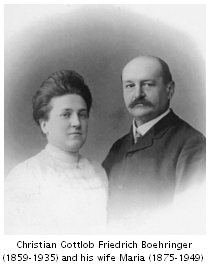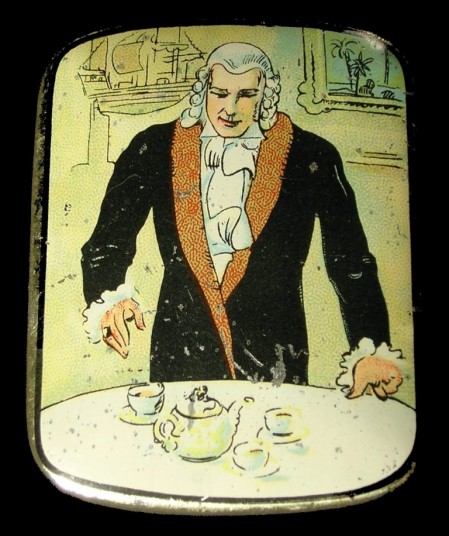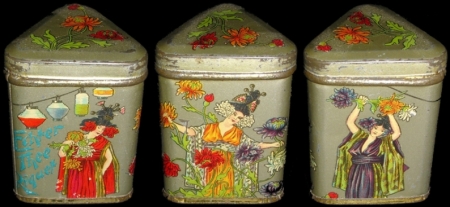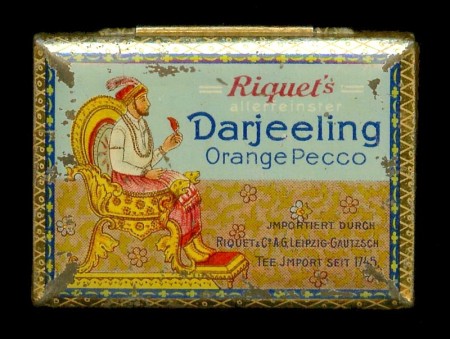A company of German origin located in Colombo, Ceylon, with a European branch in Hamburg, Germany.
The history of the tea company is closely related to two German bio-pharmaceutical companies, Boehringer Mannheim and Boehringer Ingelheim.
Christian Friedrich Boehringer founded a “Drogenhandlung” (a business for medicinal drugs) in Stuttgart, Germany, in 1817. The business was moved to Mannheim in 1872 by his son Christoph Heinrich; this was the company which was named C. F. Boehringer, later “Boehringer Mannheim.” This company was temporarily directed by Christoph Heinrich and his brother Christian Gottfried (1818-1864). Ernst Boehringer, the older son of Christoph Heinrich B., inherited this company. When he died in 1892, his business partner Friedrich Engelhorn inherited the company. Boehringer Mannheim was taken over in 1997 by Roche.
Albert Boehringer (1861-1939), Ernst’s brother and the younger son of Christoph Heinrich, established his own fully independent chemical factory in Ingelheim in 1885. 1892 he re-named this company as “C. H. Boehringer Son”, which later became “Boehringer Ingelheim.”

Christian Gottlob Friedrich Boehringer (1859-1935) was the son of Christian Gottfried B. and emigrated to Ceylon in 1894 as a trader of cinchona bark. 2 years later, in 1896, his cousin Albrecht (not: Albert) entered his company, which from then on was named “Ch. & A. Boehringer.” They were traders of quinine, other alkaloids, rubber—and TEA! The name of this company was sometimes spelt “Boehringer”, sometimes in the German way “Böhringer.” Christian Gottlob Friedrich B. viewed Ceylon as his second home and reported about his experiences and life in Ceylon in a book (“Ein Menschenalter kolonialer Erfahrungen auf der Insel Ceylon”; Walther Dachsel, Leipzig, 1930. Recommended!). After WW1, this Boehringer company became a part of Freudenberg & Co. If you are interested to learn more about life and business in Ceylon from 1873 to 1948, you might also enjoy Walther Freudenberg’s book (“Von deutscher Arbeit auf Ceylon. Erinnerungen und Erfahrungen des Hauses Freudenberg & Co., Colombo seit 1873.” 2nd edition, Bremen 1949).
All three companies of the Boehringer family are economically fully independent from each other.





